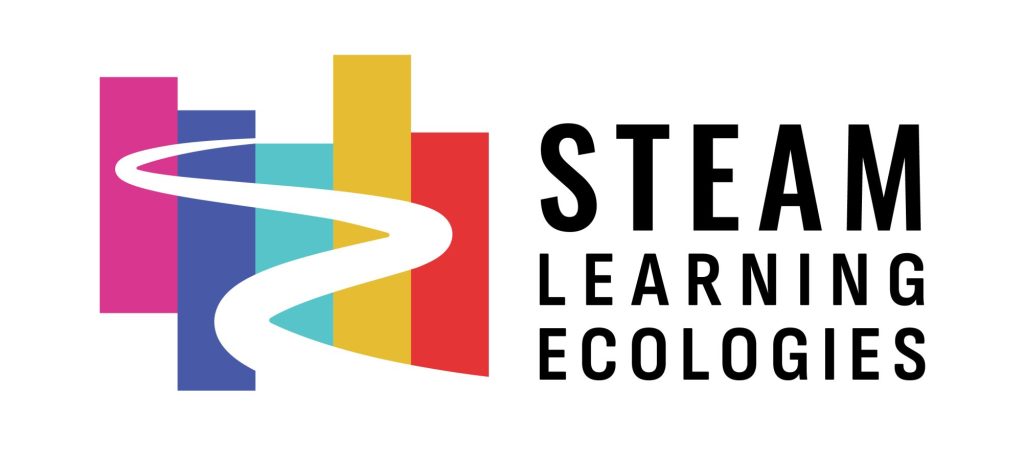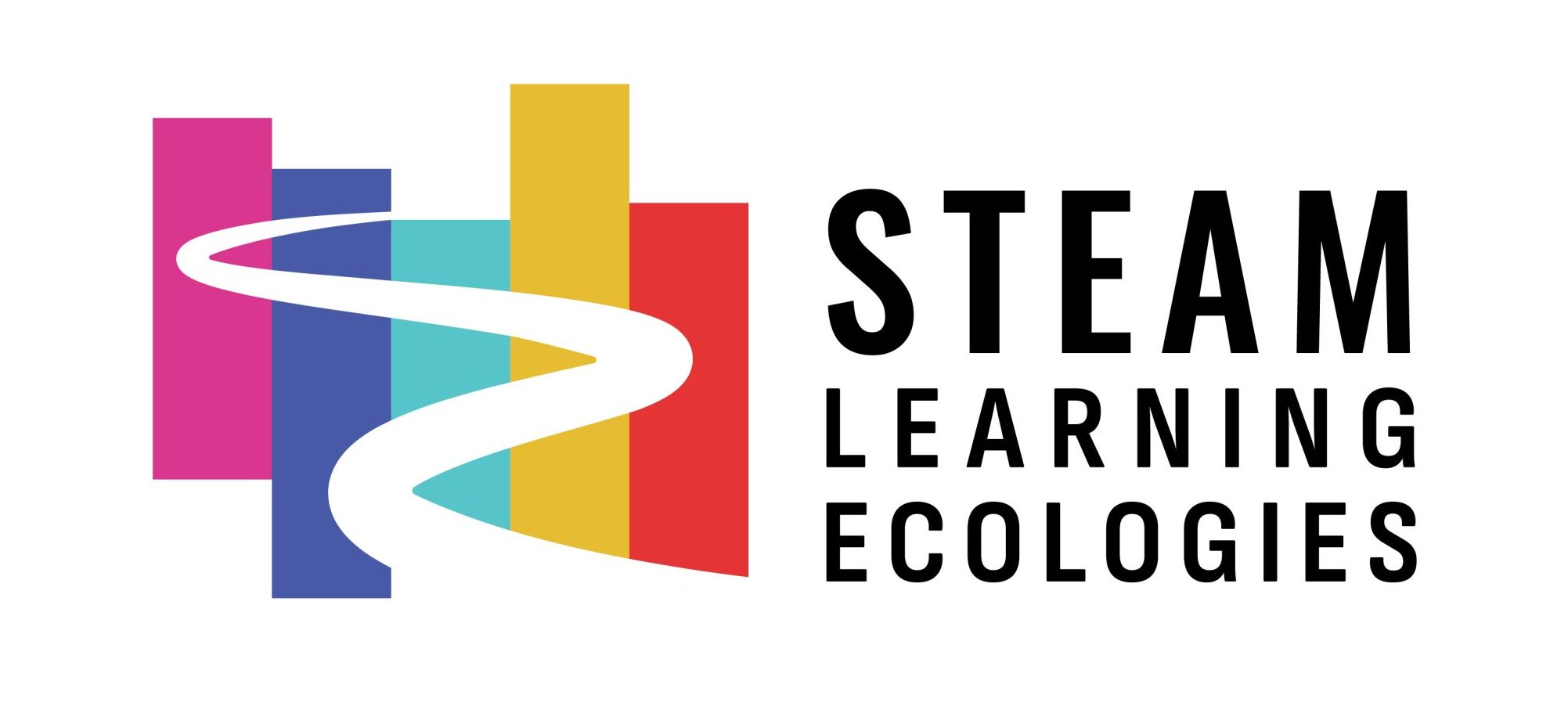About STEAM Learning Ecologies
About us
STE(A)M Learning Ecologies (SLEs) is an EU-funded project (Horizon Europe) developing engaging open schooling-enabled science learning paths for all in learning continuums of formal and informal learning environments that are also focusing on inclusiveness. The project will highlight the necessary conditions for bringing together all, rather than some, of the actors: formal, non-formal and informal education providers, as well as enterprises and the civil society – and giving all actors space and motivation to take initiative and central roles.
By building on the promising results of previous work, the project will propose a framework that generates opportunities for the creation of comprehensive partnerships in the form of interconnected knowledge ecosystems, in local communities able to foster improved science education for all citizens. It will also initiate a concerted effort to make the evidence about the benefits of open schooling a driving force in European and national policymaking. To achieve these, the project is introducing the powerful concept of “learning ecologies” as a vehicle for envisaging and realising impactful local open schooling partnerships as science learning continuums for all.
Who we are
The Consortium includes 9 partners and four affiliated Entities linked to the Ecsite network. It is coordinated by the European Schoolnet (EUN) and it is a well-balanced mix of international organisations, academia, and research centres, with significant expertise and networks of stakeholders.
What we are doing
The SLEs project is distinctively characterised by a strong bottom-up co-creation approach. The project employs carefully selected study methods, which include:
- thorough analysis of existing research, practices and policies through structured literature reviews;
- data analysis of existing datasets and new data collected mainly through questionnaire surveys, interviews or focus group discussions with selected participants;
- a critical analysis of existing relevant practices based on criteria reflecting the identified important aspects of the SLEs approach.
Our study methods are intertwined with a series of events and co-creation and reflection workshops.
The project also strategically chooses to focus on ways to leverage the power of bridging open schooling with open R&I practices. Strengthening this link and developing synergies between these aspects, may exert significant impact for science education as a crucial tool for addressing Europe’s current scientific and societal challenges.
How we are doing it
The project adopts a distinct approach by moving away from conventional open schooling methods that consider specific stakeholders as mere extensions of the school environment. Instead, it defines SLEs as rich learning environments where education is transgenerational, inclusive, and contextualized. As a result, the SLEs will identify and promote the necessary conditions for bringing together all, rather than some, of the actors and giving all of them the space and motivation to take initiative and central roles.
To develop the SLEs methodology, the project will combine research with on the ground implementation. Multi-stakeholder open schooling partnerships will co-design, develop and implement local STE(A)M Learning Ecologies (SLEs) resulting in interconnected knowledge ecosystems. These SLEs will involve more than 2000 learners from different educational levels, civil society and enterprises.
The project will validate and refine a first version of an SLEs methodology via two piloting cycles that will lead to a final SLEs methodology, to be published in 2025. This comprehensive document will provide invaluable insights and direction for stakeholders across diverse domains, facilitating a seamless and effective SLEs journey.
As practitioners also need the support and optimal conditions to experiment and streamline innovative pedagogies, SLEs will also organize several policy events involving key STEM education stakeholders. During those events, the project will present project policy briefs and final recommendations, aiming to create the adequate conditions for the growth of STE(A)M Learning Ecologies in Europe and beyond.
Meet our Advisory Board
Explore the profiles of each Advisory Board Member. Discover the people behind our vision, and learn more about the contributions they make to shape the future of STE(A)M Learning Ecologies.



